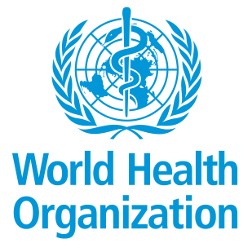By Dr Foluke Adebisi, Teaching Fellow (University of Bristol Law School).
 ‘Education does not change the world. Education changes people. People change the world.’ — Paulo Freire, Brazilian Philosopher and Educator
‘Education does not change the world. Education changes people. People change the world.’ — Paulo Freire, Brazilian Philosopher and Educator
In the 2018/2019 academic year, Yvette Russell and I will be (for the first time) teaching a unit called Law and Race. It is a very exciting prospect, not least because there are very few law schools in the UK who teach race in any direct or focused way, and much fewer have a unit dedicated to race. This has been an intellectually stimulating enterprise for both of us, and in this article, I would like to explain why we have embarked on it and what we hope to achieve.
The history of the world can be perceived as the history of continuing inequalities. Oftentimes, race functions as the motivation for and justification of oppressive social, cultural, economic and political structures. This is evidenced by colonisation, slavery, and persistent global racial inequalities that cut across gender and class. Law has often been used to create, justify or maintain these demarcations. Notwithstanding this, legal study often ignores the correlation between race and law, as well as the paradox inherent in the use of law to both oppress and liberate. In our unit we aim to examine legal history and the current state of the law in a critical exploration of how legal evolution has impacted upon and caused racial disparities, and how these factors are continuously consciously and unconsciously embedded and reproduced within the operation of law. (more…)


